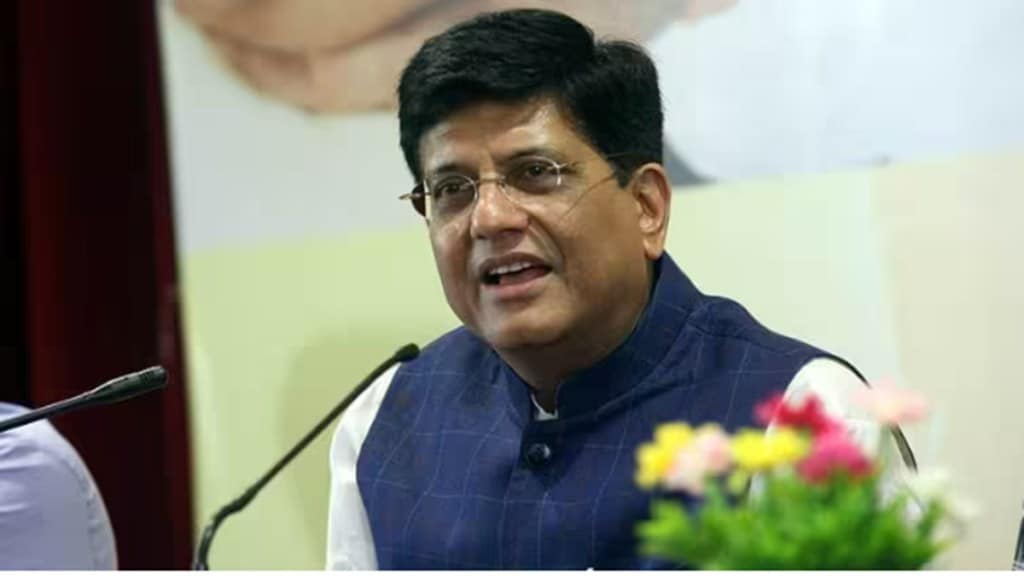India is extremely concerned about the European Union’s (EU) move to impose carbon tax on imports and would rally other countries to collectively deal with the challenge it poses, minister of commerce and industry Piyush Goyal said Tuesday.
“Collectively the world will have to take a view on this. We will be focussing our energies to get other countries on board to address the serious concern that the Carbon Border Adjustment Mechanism (CBAM) has generated,” the minister said at a steel industry event.
He said India is extremely concerned about the tax and has taken up with the European Union. “We are taking it up at the World Trade Organisation (WTO) very very seriously. We shall be able to fight it together to get a fair deal for Indian producers and exporters.”
The CBAM has entered into its first phase of implementation from October this year. The first phase involves reporting of carbon emissions during the production stage of seven bulk commodities – -cement, iron and steel, aluminium, fertilisers, electricity and hydrogen. Taxation will start from January 2026 and gradually more and more products would be brought under its ambit putting punitive costs on exports to the EU. According to estimates the CBAM will result in additional 20-35% duty on exports.
Of these seven products India’s interest is chiefly in steel and aluminium. CBAM will impact India’s US$8.2 billion (in CY 2022) exports of Iron ore pellets, iron, steel, and aluminium products to the EU by over a thousand large, medium and small firms. India’s 27% export of these products goes to the EU.
At the WTO protests have been registered against CBAM by India, China and others. WTO itself has flagged it as a ‘trade concern’.
The minister said India would not be accepting unfair taxes or unfair levies on Indian steel, aluminium or any other industry.
“We are not scared of anything that the world may throw at us. We will always find innovative solutions.”
The government is working to provide better access to its steel industry in different countries through free trade agreements (FTAs). To protect domestic steel players from dumping, India is including provisions like “high” value added norms and “melt and pour” in these agreements.
“We are looking at both the options so that our steel industry gets protected from any dumping from the developed world,” he said adding these provisions would deter countries from misuse of the FTAs.
Talking about the steel production, Goyal expressed hope that the target of doubling the production to about 300 million tonnes per year would be achieved by 2030 or even earlier.


